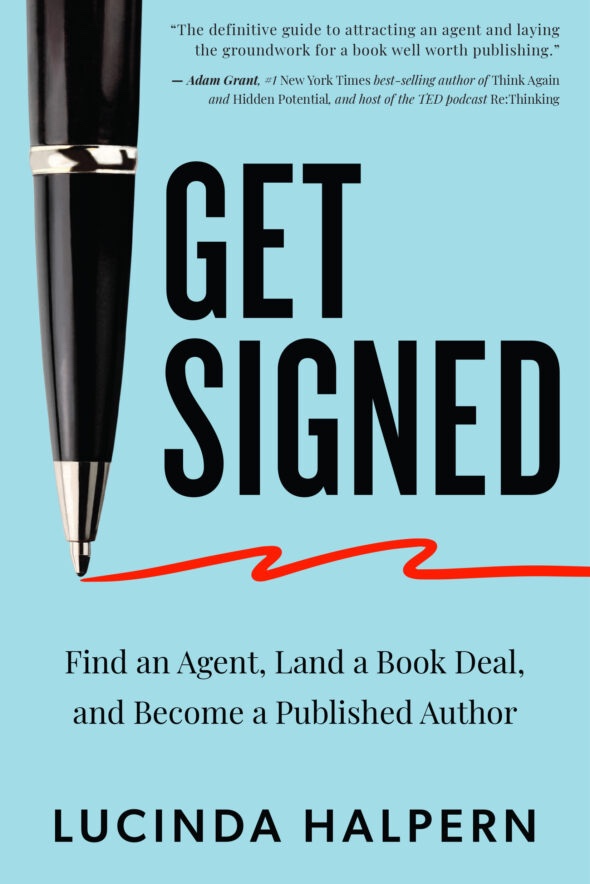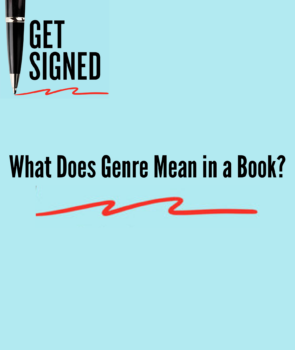Search
What Happens After You Land an Agent?

This week, Connor Eck, another agent here at Lucinda Literary, took over our blog to share some valuable insights! Connor represents a wide range of fiction and nonfiction books as well as ghostwriting projects.
In this blog, we’ve talked a lot about the craft of writing, building an audience, and strategies for landing representation. Today, Connor is going to discuss what happens in that magical fantasy land that exists just beyond the dotted line, on the other side, after you sign with an agent—when the dresser doors finally swing open and you amble into Narnia.
Connor:
This is the part where I should tell you that magic does not exist here. But that wouldn’t be entirely true… There’s magic in the relationship you build with your agent, the collaboration you find in one another, and the victories you achieve along the way. I would caution you though: life after landing an agent is not romantic. Be prepared to work hard. In fact, welcome the rigor.
What comes next, typically, are months of editorial labor. You’ll likely come to a point where you ask yourself, “Will my book ever actually go on submission?” The answer is, yes, it will and you’ll be happy you put in the work. Our job as agents is to help you arm your project against the challenges it could face at market. I would love to share two success stories with you to demonstrate…
- BE STRAIGHT WITH ME – Emily came by way of our submissions portal. Two elements about her query letter stuck out to me: 1) her book won an award at her college, and 2) she pitched the memoir as centering on an LGBTQ love story flipped on its head. I just had to learn more! Long story short, she submitted her book as a 300-page prose manuscript and, after multiple rounds of revisions, we determined that the narrative would work better in verse. That’s when we dove headlong into the arduous process of adapting the manuscript into poetry. This was a hard decision for us to make—and quite a risk!—but it paid off in the end, largely due to Emily’s poetic talent. Ultimately, the book landed with one of the premier poetry publishers in the world: Andrews McMeel.
- YOU BE MOMMY – Karla was another writer who came to us through the submissions portal, as well. She pitched her picture book as in the vein of Go The F**k To Sleep but a clean story a mother can read to her daughter. I loved this comparison and how she highlighted that the book touches upon a universal nerve with sleep deprived parents and children who enjoy role playing. Agents are always on the lookout for books that hit a “universal nerve.” That means readers can easily relate to the concept and that there is likely a viable audience for the book. This applies to both fiction and nonfiction. Karla’s manuscript was compelling too, though we agreed it could be even better if we added a refrain throughout the story so readers could repeatedly delight in the daughter’s fun as she assumes the role of mother at bedtime. We were over the moon when Feiwel & Friends fell in love with the story as much as we did. They’re now publishing the project as a 4-book series! If you can pitch your book as naturally having series potential, do it. This increases its value proposition.
I hope these insights into what comes next—the editorial process—after you sign with an agent prove helpful. Thank you for reading! And expect to hear from me again soon. Meanwhile, good luck. Keep writing and keep querying.








